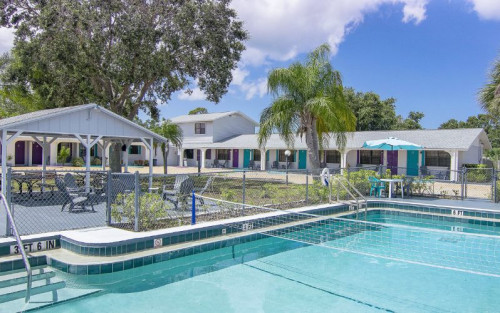
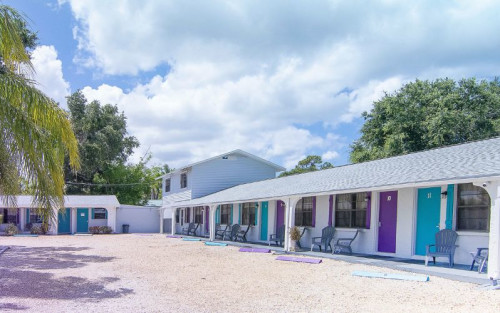
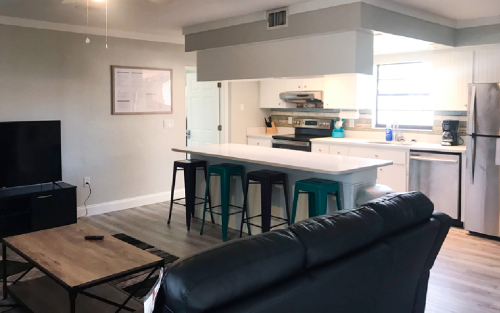



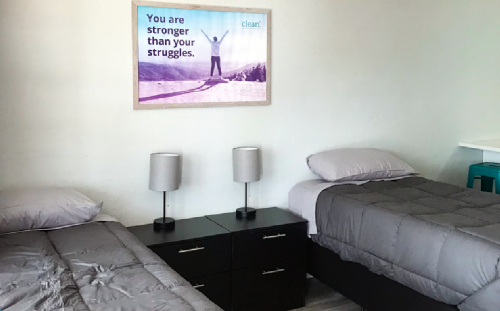
Clean Recovery Centers Nokomis
Verified Center
This provider's information has been quality-checked by Recovery.com's Research Team for accuracy and completeness, including center verification through appropriate third-party organizations.
Treatment Focus
This center treats substance use disorders and co-occurring mental health conditions. Your treatment plan addresses each condition at once with personalized, compassionate care for comprehensive healing.
Primary Level of Care
Transitional housing designed to support individuals recovering from substance use disorders offering a safe, supportive and structured environment for practicing long-term sobriety, while reintegrating back into daily living.
Treatment Focus
This center treats substance use disorders and co-occurring mental health conditions. Your treatment plan addresses each condition at once with personalized, compassionate care for comprehensive healing.
Primary Level of Care
Transitional housing designed to support individuals recovering from substance use disorders offering a safe, supportive and structured environment for practicing long-term sobriety, while reintegrating back into daily living.
Provider's Policy
Payments for services at Clean Recovery Centers can be made through either private insurance, financing plans, or out-of-pocket, self-pay payments. Clean Recovery Centers accepts a wide variety of health insurance provider plans, including the providers listed below. Because insurance plan coverage can change frequently, and we are always adding new health insurers, we recommend calling Clean Recovery Centers at 1 (888) 386-8654 to discuss insurance coverage, financial planning and payment arrangements for treatment. If you do not have insurance, please call us to speak to one of our representatives about other options.
Clean Recovery Centers Nokomis
Clean Recovery Centers Nokomis
About Clean Recovery Centers Nokomis
Clean Recovery Centers Nokomis provides transitional housing and sober living for clients attending treatment at Clean Recovery Centers Sarasota. Clients live in their Nokomis location while attending day/night treatment, intensive outpatient, and outpatient programs at Clean Recovery Centers Sarasota. They use a 3-Phase care program to provide comprehensive, client-focused, and evidence-based recovery opportunities.
Recovery from Dual Diagnoses
Clean Recovery Centers Sarasota is dually licensed to treat addiction and primary mental health conditions. They also treat co-occurring addiction and mental health conditions using a blend of evidence-based and holistic therapies. Masters-level therapists and psychiatric ARNPs (advanced registered nurse practitioners) lead 1:1 and group therapies, using cognitive behavioral therapy (CBT) and trauma-informed therapy to help clients heal at their roots.
3 Phases of Recovery
While living in Nokomis, clients at Clean Recovery Centers Sarasota progress through 3 phases of care, which include Preparation, Action, and Maintenance. The Nokomis location specializes in phase 3: Maintenance.
•In the Preparation phase, clients undergo medically supervised detox at Clean Recovery Centers New Port Richey location, if needed. They’ll also complete residential treatment with 24/7 supervision, daily therapy, and a community of like-minded peers.
•In the Action phase, clients put what they learn into practice. This phase includes day/night treatment (with community housing at Nokomis), residential care for mental health concerns, and partial hospitalization for mental health.
• Finally, in the Maintenance phase, clients maintain their sobriety through IOP, OP, transitional living at Nokomis, and alumni support.
Transitional Living And Community Housing
Clean Recovery Centers Nokomis offers supportive housing for clients transitioning into lower levels of care and independent living. They share bedrooms and live in an apartment-style facility when not in treatment at Clean Recovery Centers Sarasota location. Their Nokomis facility has a pool, offers privacy, and provides an overall safe community to maintain recovery.

Highlights from the Center
Highlights
These highlights are provided by and paid for by the center.
Insurance Accepted
Joint Commission Accredited
Therapeutic Location
Pool
Center Overview
Treatment Focus
This center treats substance use disorders and co-occurring mental health conditions. Your treatment plan addresses each condition at once with personalized, compassionate care for comprehensive healing.
Joint Commission Accredited
The Joint Commission accreditation is a voluntary, objective process that evaluates and accredits healthcare organizations (like treatment centers) based on performance standards designed to improve quality and safety for patients. To be accredited means the treatment center has been found to meet the Commission's standards for quality and safety in patient care.

Insurance Accepted
Cash Pay Rates
Estimated Cash Pay Rate
Center pricing can vary based on program and length of stay. Contact the center for more information. Recovery.com strives for price transparency so you can make an informed decision.
Meet Your Care Team
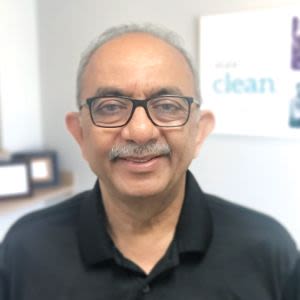
Dr. Vijapura
Medical Director
MD
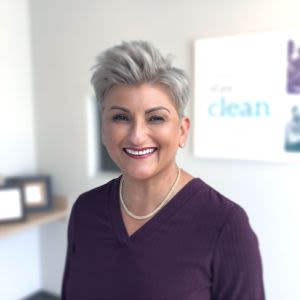
Veronica Zubia
Clinical Director
LMHC, MCAP
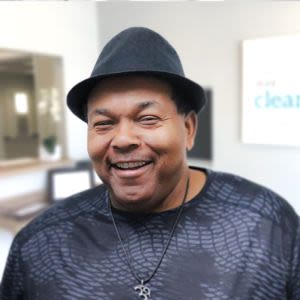
Charles Robinson
Clinical Supervisor
LMHC
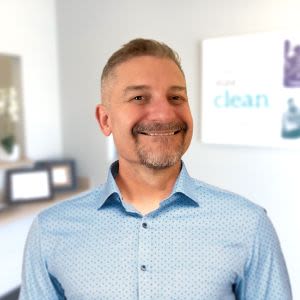
Victor Kovalev
Director of Nursing
MA, LMHC, RN, NCC
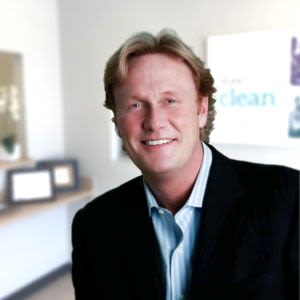
Shayne Sundholm
Executive Chairman, Co-Founder
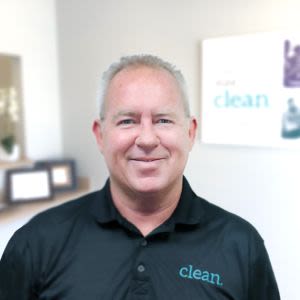
Nick Cuneo
President, Co-Founder
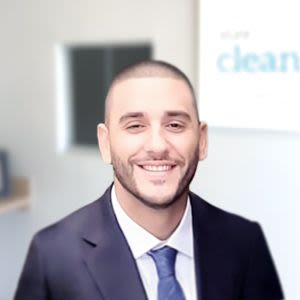
Paul Tzatzimakis
Chief Executive Officer
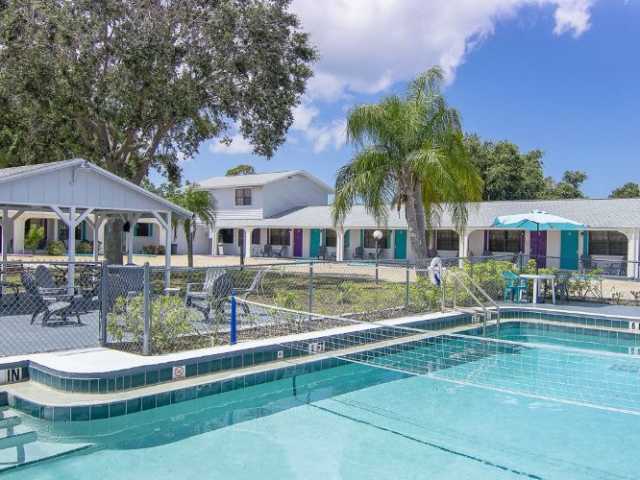
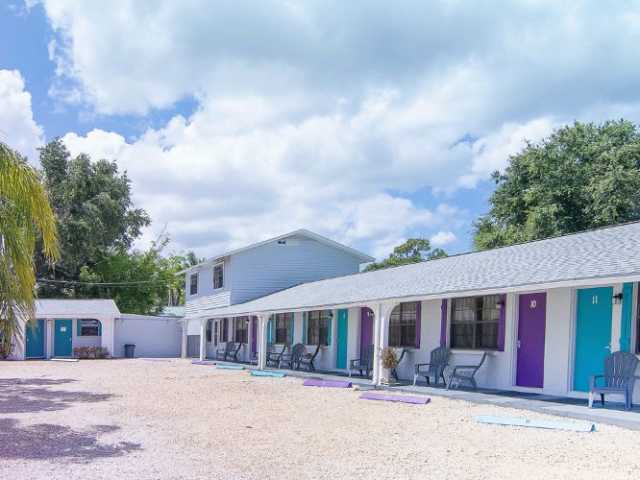
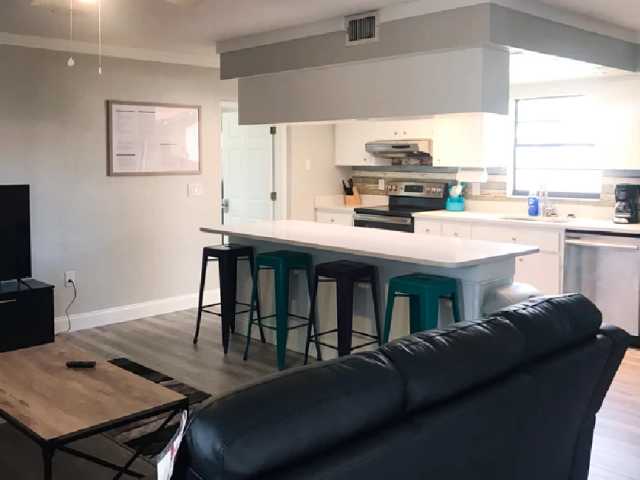
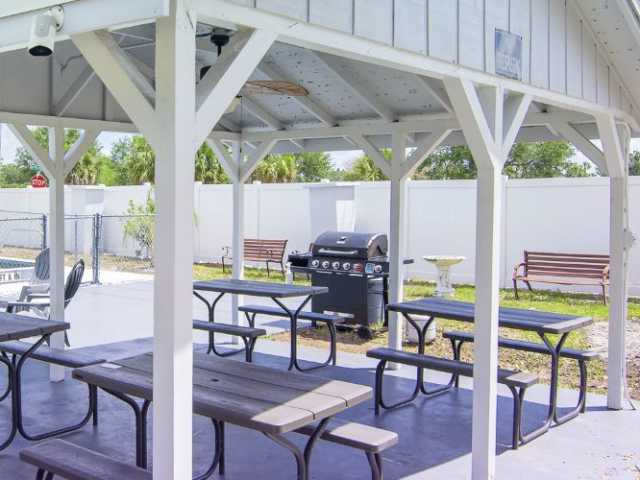
Levels of Care






Your Care Options
Specializations
Alcohol
Using alcohol as a coping mechanism, or drinking excessively throughout the week, signals an alcohol use disorder.
Bipolar
This mental health condition is characterized by extreme mood swings between depression, mania, and remission.
Cocaine
Cocaine is a stimulant with euphoric effects. Agitation, muscle ticks, psychosis, and heart issues are common symptoms of cocaine abuse.
Depression
Symptoms of depression may include fatigue, a sense of numbness, and loss of interest in activities. This condition can range from mild to severe.
Drug Addiction
Drug addiction is the excessive and repetitive use of substances, despite harmful consequences to a person's life, health, and relationships.
Who We Treat
Young Adults
Emerging adults ages 18-25 receive treatment catered to the unique challenges of early adulthood, like college, risky behaviors, and vocational struggles.
Men and Women
Men and women attend treatment for addiction in a co-ed setting, going to therapy groups together to share experiences, struggles, and successes.
Midlife Adults
For adults ages 40+, treatment shifts to focus on the unique challenges, blocks, and risk factors of their age group, and unites peers in a similar community.
Approaches
Evidence-Based
A combination of scientifically rooted therapies and treatments make up evidence-based care, defined by their measured and proven results.
Therapies
1-on-1 Counseling
Patient and therapist meet 1-on-1 to work through difficult emotions and behavioral challenges in a personal, private setting.
Relapse Prevention Counseling
Relapse prevention counselors teach patients to recognize the signs of relapse and reduce their risk.
Conditions We Treat
Personality Disorders
Personality disorders destabilize the way a person thinks, feels, and behaves. If untreated, they can undermine relationships and lead to severe distress.
Anxiety
Anxiety is a common mental health condition that can include excessive worry, panic attacks, physical tension, and increased blood pressure.
Bipolar
This mental health condition is characterized by extreme mood swings between depression, mania, and remission.
Depression
Symptoms of depression may include fatigue, a sense of numbness, and loss of interest in activities. This condition can range from mild to severe.
Stress
Stress is a natural reaction to challenges, and it can even help you adapt. However, chronic stress can cause physical and mental health issues.
Trauma
Some traumatic events are so disturbing that they cause long-term mental health problems. Those ongoing issues can also be referred to as "trauma."
Substances We Treat
Alcohol
Using alcohol as a coping mechanism, or drinking excessively throughout the week, signals an alcohol use disorder.
Benzodiazepines
Benzodiazepines are prescribed to treat anxiety and sleep issues. They are highly habit forming, and their abuse can cause mood changes and poor judgement.
Co-Occurring Disorders
A person with multiple mental health diagnoses, such as addiction and depression, has co-occurring disorders also called dual diagnosis.
Cocaine
Cocaine is a stimulant with euphoric effects. Agitation, muscle ticks, psychosis, and heart issues are common symptoms of cocaine abuse.
Drug Addiction
Drug addiction is the excessive and repetitive use of substances, despite harmful consequences to a person's life, health, and relationships.
Ecstasy
Ecstasy is a stimulant that causes intense euphoria and heightened awareness. Abuse of this drug can trigger depression, insomnia, and memory problems.
Heroin
Heroin is a highly addictive and illegal opioid. It can cause insomnia, collapsed veins, heart issues, and additional mental health issues.
Psychedelics
Hallucinogenic drugs—like LSD—cause euphoria and increased sensory experiences. When abused, they can lead to depression and psychosis.
Languages
Aftercare
Care Designed for Your Needs
Personal Amenities
Amenities






